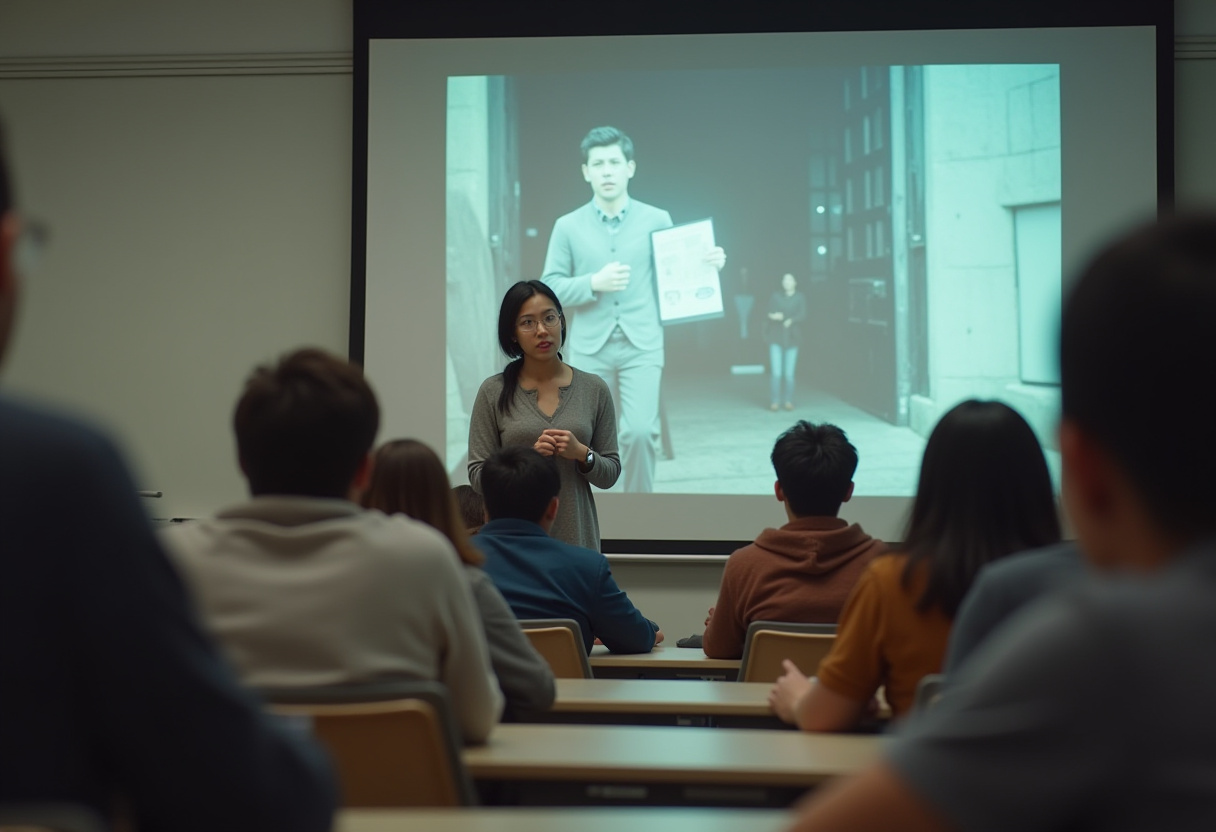On Tuesday, the Trump administration made a significant move by declassifying thousands of documents pertaining to the assassination of President John F. Kennedy in 1963, igniting renewed interest and speculation about one of the most examined events in American history. The release came as 2,182 PDF documents, totaling around 63,400 pages, were made accessible via the National Archives and Records Administration's website, marking the culmination of a long-standing promise to shed light on the circumstances surrounding JFK's death. This event has long been the subject of conspiracy theories, with public skepticism about the official narrative persisting for decades. The documents were released in two rounds, with a significant portion of the paperwork being handwritten or typewritten, suggesting the era’s bureaucratic processes. An executive order from Donald Trump in January also called for the declassification of related documents regarding the assassinations of Robert F. Kennedy and civil rights leader Martin Luther King Jr., aiming to provide further transparency. Historically, conspiracy theorists have pointed to the findings of the Warren Commission, which concluded that Lee Harvey Oswald acted alone, as unsatisfactory. Polls indicate a prevalent belief among Americans that Oswald had accomplices, with recent Gallup surveys suggesting that two-thirds of respondents find the singular culpability hard to believe, especially given the complex geopolitical context of the Cold War during JFK's presidency. Additionally, the circumstances surrounding Oswald's assassination at the hands of nightclub owner Jack Ruby while in police custody have only added layers to the conspiracy theories. Many theorists argue that Oswald's death prevented him from revealing a broader conspiracy, and the notion that the official narrative could have been influenced by governmental entities has persisted, fueled further by the ongoing withholding of documents over the decades. While the 2023 release may help clarify some aspects of the case, the newly declassified documents did not include a host of records identified by the FBI just last month, highlighting the complexities and remaining gaps in the investigation. The archival community, including organizations like the Mary Ferrell Foundation, continues to emphasize the need for full transparency, arguing that only then can the public begin to fully understand what happened the fateful day in Dallas. This article has been analyzed and reviewed by artificial intelligence, emphasizing the importance of scrutinizing historical narratives and recognizing the societal impact of these revelations. The declassification may stir up both excitement and skepticism, as historians and conspiracy theorists alike delve into the newly available materials. Ultimately, what the newly available documents will reveal and how they will influence public perception of JFK's assassination remains a compelling question moving forward.
Bias Analysis
Key Questions About This Article




